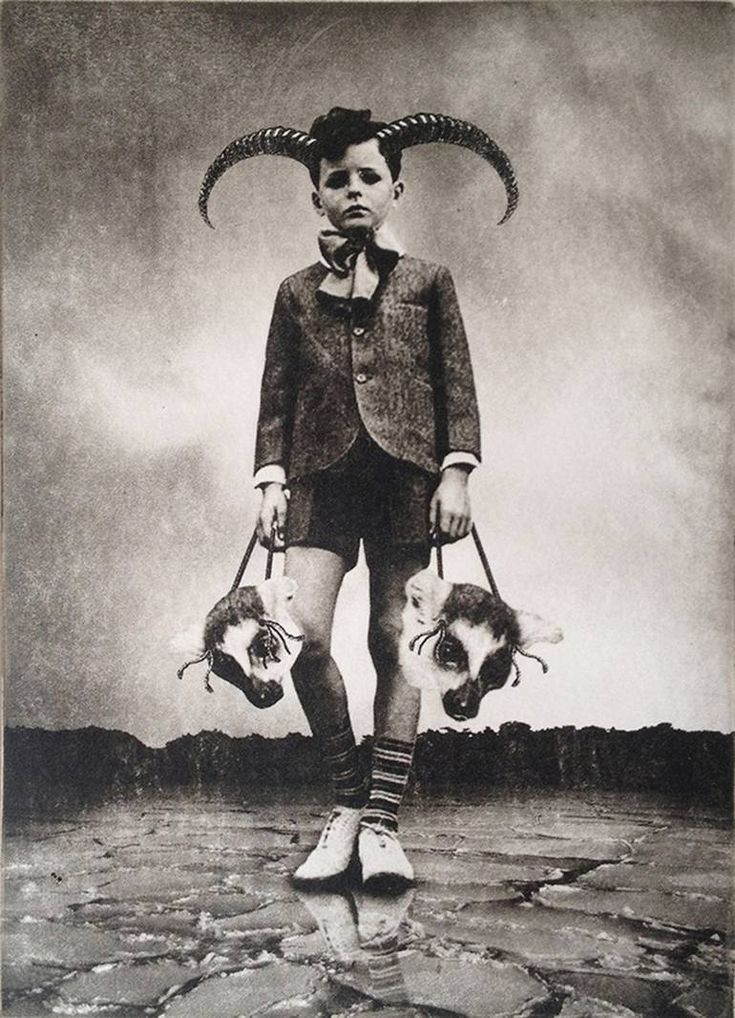My Mexican mother kicked this whole mess off behind a Tommy’s Burgers in Huntington Park, California. Seventeen, broke, and dead-set on snagging a gringo to yank her out of the gutter. She pulled some poor bastard down a dark side street, and nine months later—bam—I crash-land into existence. It wasn’t love. It wasn’t fate. It sure as hell wasn’t some Hallmark bullshit. It was survival, sweat, and a half-eaten chili dog.
I got my first two black eyes and a hematoma dead center on my forehead before I could even walk. Still in diapers, still drinking from a bottle, already collecting bruises like trading cards—courtesy of motherly love. A couple more marks for good measure. That was the beginning. The first signs of blood in my stool. The early proof that life wasn’t gonna pull its punches.
I took the shot most kids only dream about—I took my own mother to court and divorced her at thirteen. Filed the paperwork on blood and survival. Got handed off to my so-called real father, a self-absorbed prick with just enough decency to take me in before booting me back out at sixteen. That’s how I ended up homeless in Los Angeles, carrying nothing but bitterness, broken trust, and a backpack full of rage.
My Mexican grandmother—the only person who ever showed me what unconditional love really looked like—took me in when the world had spit me out. I was 17, six-foot-four, 210 pounds of resentment and raw nerve, teetering on the edge. She didn’t ask questions. She just opened the door, fed me, and let me sleep.
That same year, I traded something else for survival. A late-30s high school counselor, older, bored, and broken in her own way, offered me a deal. She got what she wanted—I got a diploma. It wasn’t a coming-of-age story; it was a transaction. But it got me out. Sometimes, that’s all you’re looking for.
At 17, I signed myself into the Navy looking for purpose—or at least an escape. By 20, they’d kicked me out after 90 days in the brig. Just like that, I was back on the street, carrying a discharge and a head full of regret. That’s when the nights got longer. When the bottle became easier to reach than a future. And I started to wonder if this—this mess, this blur—was all life had lined up for me.
At 21, I said yes to a marriage proposal from the best-looking thing ever dragged out of a sunbaked trailer park in Santee, California. Several weeks into the marriage, the Navy granted me clemency and shipped me off to the Gulf War to finish out my four-year contract—spitting me back out with an honorable discharge and the proud rank of E1.
When I got back, I gave the whole family man routine a shot—played the part, followed the rules of fatherhood, leadership, and the Mormon faith. The white picket fence. The Leave-It-to-Beaver fantasy. But beneath it all—behind her forced smiles and hollow prayers—lurked cruelty, mental illness, and the slow, rotting truth: the illusion of marriage and family is just that. An illusion. And I saw it crack from the inside.
I started out in the shipyards, but punching a clock was never in my blood. I wasn’t built for 9-to-5. I had a fire for independence. So I chased it—first with Pro Insulation down in San Diego, then BestLine Installation up in Portland, and a few ventures beyond that. I taught myself the game. Went from CAD draftsman to mechanical engineer to patent holder. Learned how to walk into boardrooms full of suits and hold my ground without flinching.

By 30, I had built my own engineering firm. A millionaire with an office in Singapore—living the American Dream, or at least paying full price for the illusion. I thought money could buy peace, or at least silence the noise. By 35, I cracked. Had a meltdown and walked away. Retired early. Worst damn decision I ever made.
I ended up on a yuppie ranch in Bend, Oregon—big house, big land, empty life. Isolated. My children’s mother had checked out, couldn’t stand the sound of my voice, let alone offer a touch or glance. The house was full, but I was alone. Joyless. Sexless. Just another broken man staring at the white picket fence he built as a monument to everything he got wrong.
It was too damn easy to build. The money, the house, the image—it all came quick. But keeping it? Defending it? That’s where the real war started. I built a wall around everything I’d made—a fortress, tight and high, meant to keep the wolves out. Thought I was safe. Thought I was smart. Thought I was in control.
But I didn’t see the trap I’d laid for myself. The cage wasn’t around them—it was around me. And the only one I let inside? The only one I trusted? She turned out to be a carbon copy of my mentally fractured mother-in-law. A slow-burning impersonation of the same twisted chaos I’d tried to escape from. And just like that, she brought it all down—brick by brick, smile by smile.
